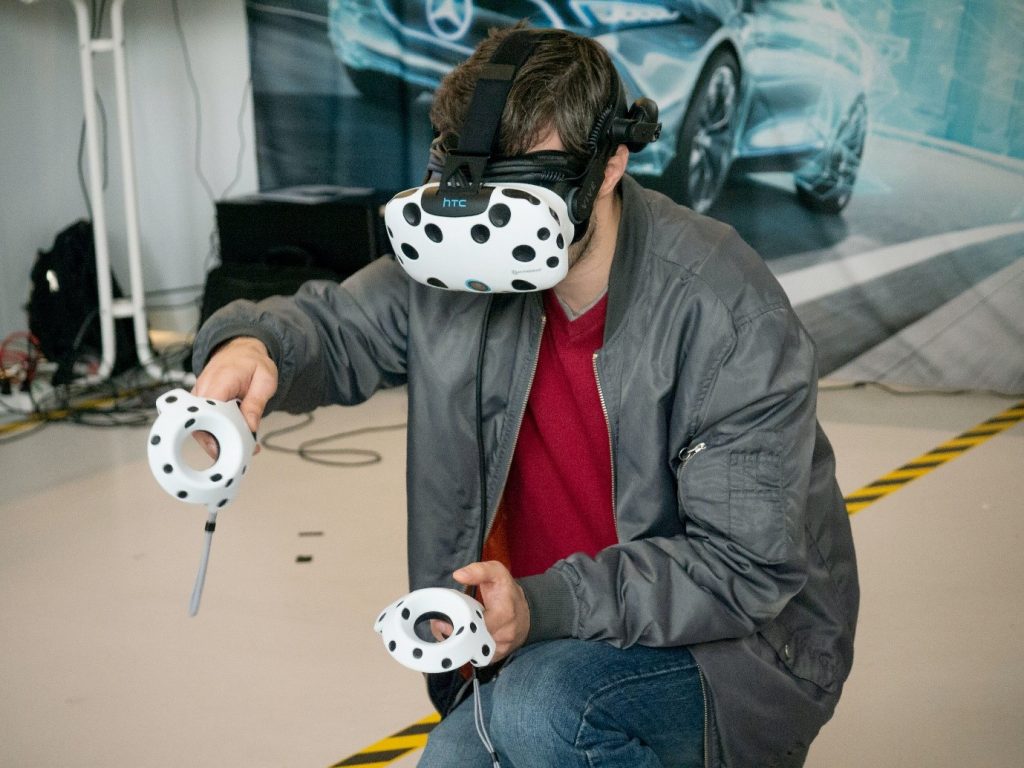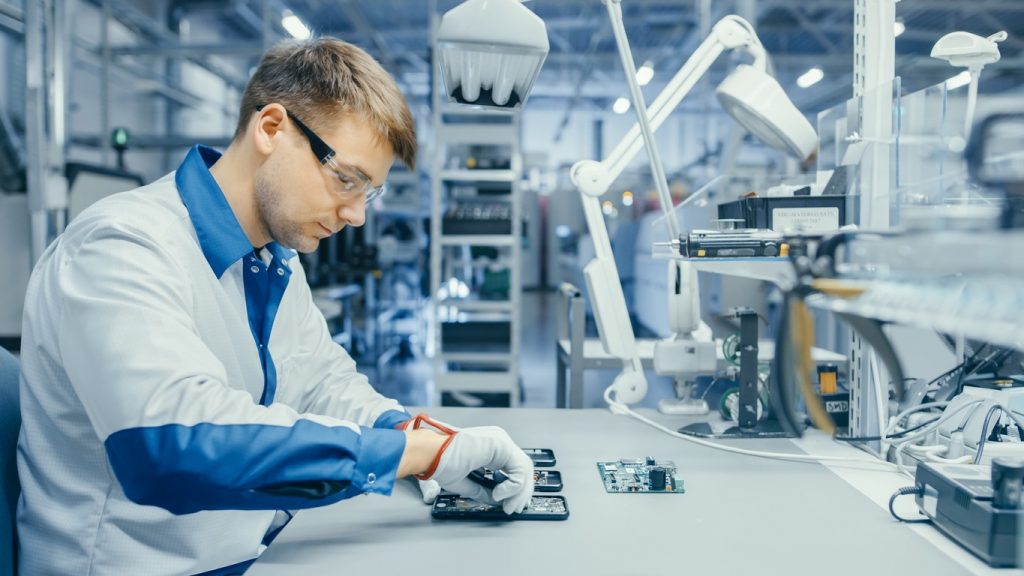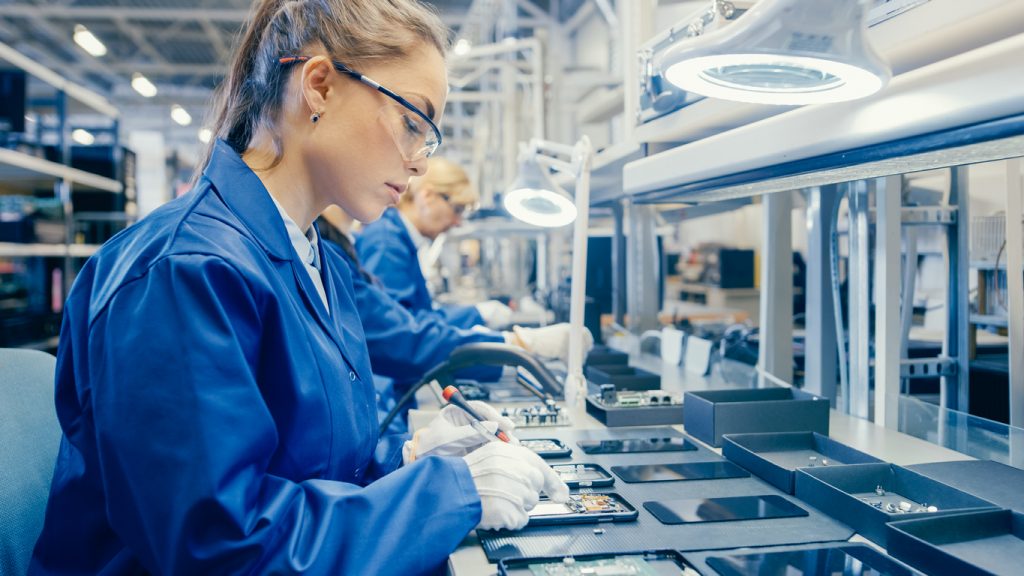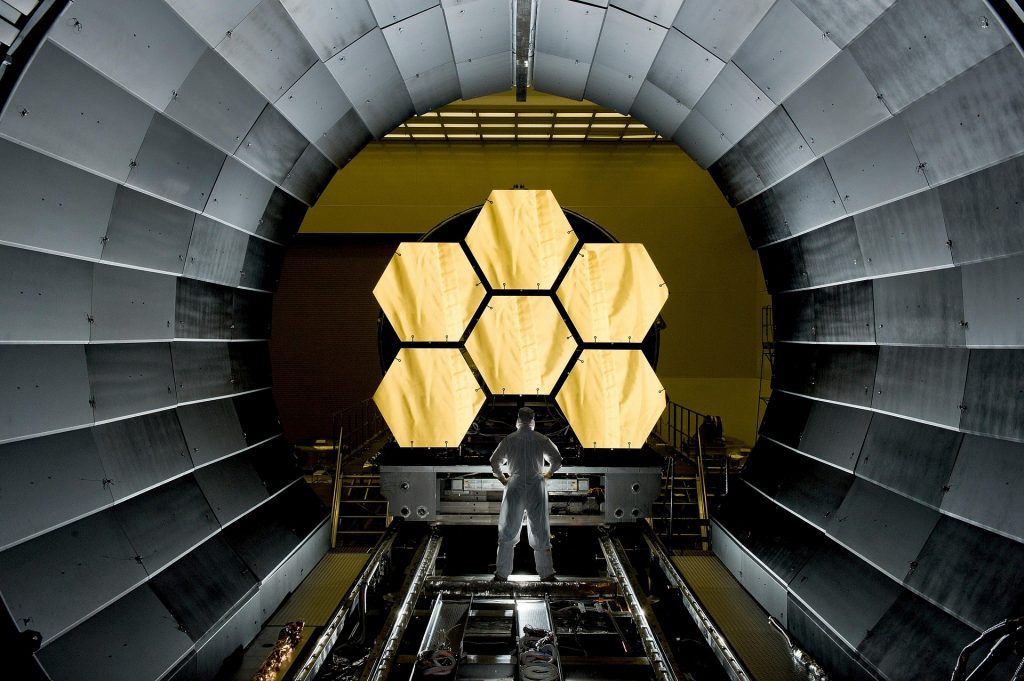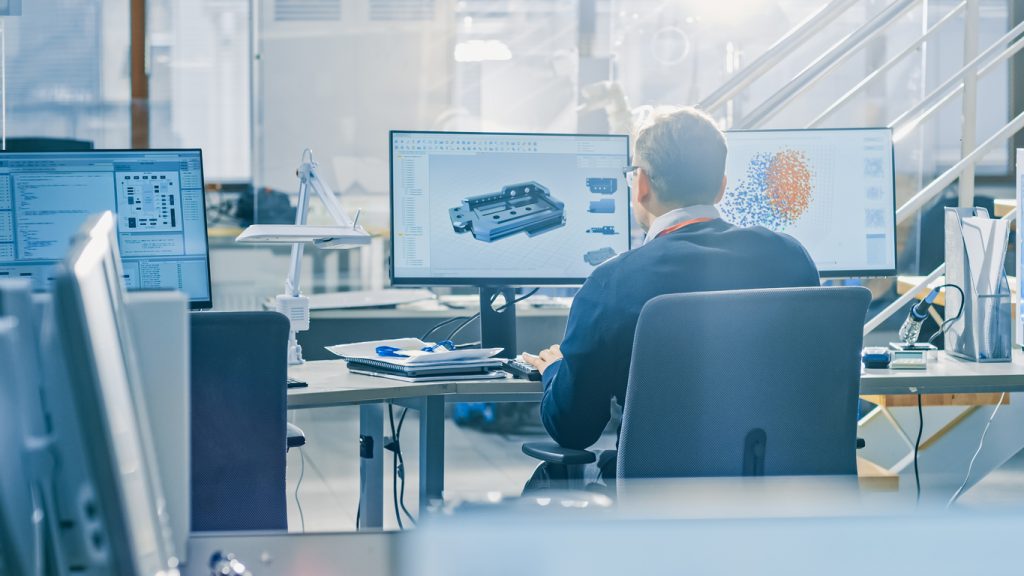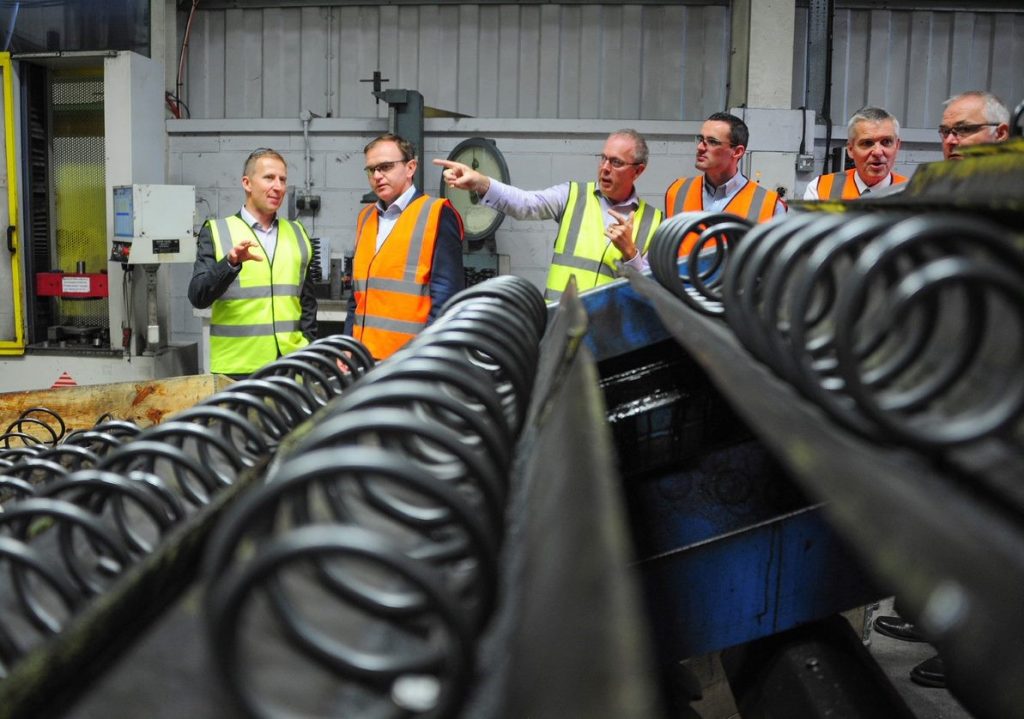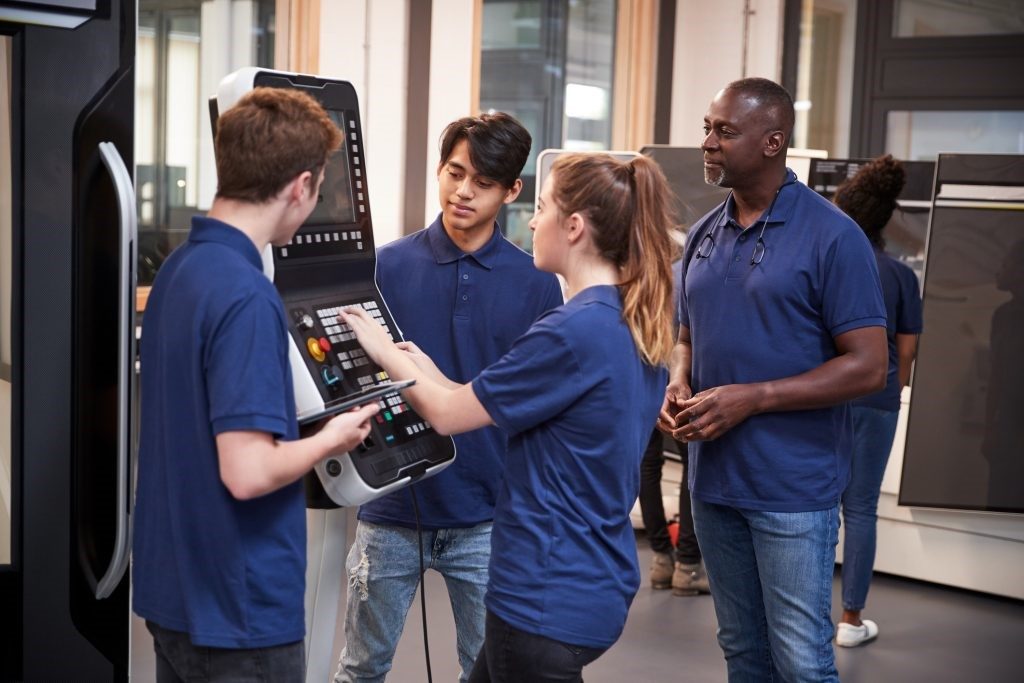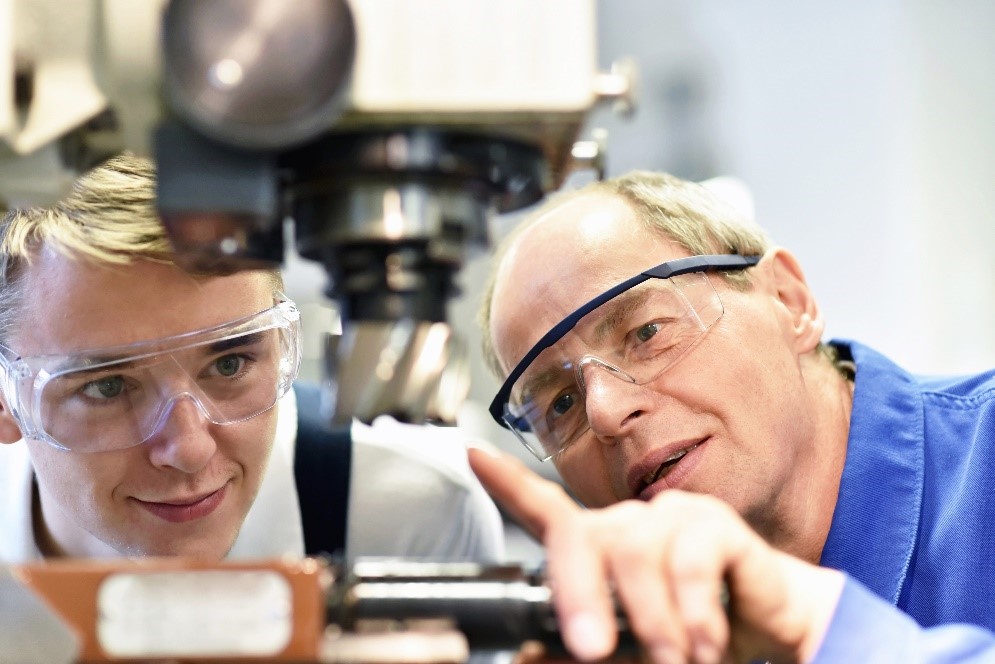As businesses around the UK do their best to adapt to the ‘new normal’, manufacturing companies are quickly finding that IoT technologies will play an integral role in their business over the coming years. In particular, augmented reality (AR) has already shown just how important it is for many manufacturers, with experts from the sector extensively using the technology during lockdown.
In this article, we will take a look at what augmented reality is, how it works in manufacturing and the role this technology is set to have in the coming months and years as we all adapt to the ‘new normal’.
What Is Augmented Reality?
Augmented reality is a technology that superimposes a computer-generated image of the real world. It allows the user to make real time interactions with the real world environment that is being mirrored in AR, and is increasingly used in a number of sectors.
It’s fair to say that many people still associate augmented reality as a pretty futuristic technology, but in reality, it’s actually been around for a number of years now. Augmented reality has grown in recent years and has allowed millions of people to continue operating in their roles completely remotely.
It is easy to get augmented reality and virtual reality mixed up, but the easiest way to differentiate the two is by remembering that virtual reality refers to computer-generated environments for the user to interact with, whereas augmented reality actually adds to the reality you would see, rather than replacing it altogether.
How Does Augmented Reality Work In Manufacturing?
There is an ever-increasing market for this technology in the workplace. Manufacturing has already seen a huge uplift in the number of companies utilising augmented reality regularly in the workplace, and with the coronavirus pandemic hitting the UK in late March, even more businesses have been forced into using the technology extensively.
With some manufacturing experts being forced to work from home, augmented reality allowed these remote employees to see the physical world on video. During these sessions, the employee using augmented reality technology was able to annotate physical objects by simply using either their smartphone or wearable technology.
All of this means that despite the majority of the workforce being forced to work remotely, there was no need to furlough some staff who could continue to carry out their day to day roles from their own living room. Augmented reality allows companies to have employees right across the world be involved in the build and assembly of any products. If proper processes are put in place in terms of using augmented reality, such as giving employees a set agenda to follow during their augmented reality sessions, it ensures they run as efficiently and effectively as possible.
Moving forward, with augmented reality proving a success in the manufacturing industry already, it’s fair to say that this could lead to businesses conducting more of their work remotely where possible. For example, traditionally engineers and technicians would have to travel between sites to resolve any issues with equipment, but augmented reality is capable of cutting out needless travel, enabling these experts to give front line workers a step by step guide to resolving any problems.
The Future Of Augmented Reality & Manufacturing
It’s clear to see that augmented reality and IoT technologies in general are already having a profound effect on the manufacturing industry. All signs suggest that there will be an increased reliance on augmented reality technologies as the years go by, but of course this will be rolled out across the industry slowly and incrementally.
At present, augmented reality is mainly used in the design, training and routine maintenance of equipment, but there is scope for this to be expanded into the assembly and manufacturing processes too in the near future.
One of the main things that companies who wish to adopt this technology need to remember is that high-quality data management will hold the key to augmented realities overall success. With augmented reality relying solely on data to feed into the support technology, businesses will need to invest heavily in ensuring that all the data required is readily available for the software to operate effectively.
At European Springs & Pressings Ireland, we pride ourselves on being part of the largest spring suppliers group in Europe. That’s why you can always rest assured you’ll receive the very best service and products when you work with us, and why we’re always keeping our finger on the pulse of the very latest news surrounding the manufacturing industry. Our experts are consistently keeping a close eye on the latest developments in the manufacturing sector, and we are always sure to invest in the latest technologies that can help us better serve our customers, from new spring coiling machines to integrating the latest IoT technologies into our existing processes.

